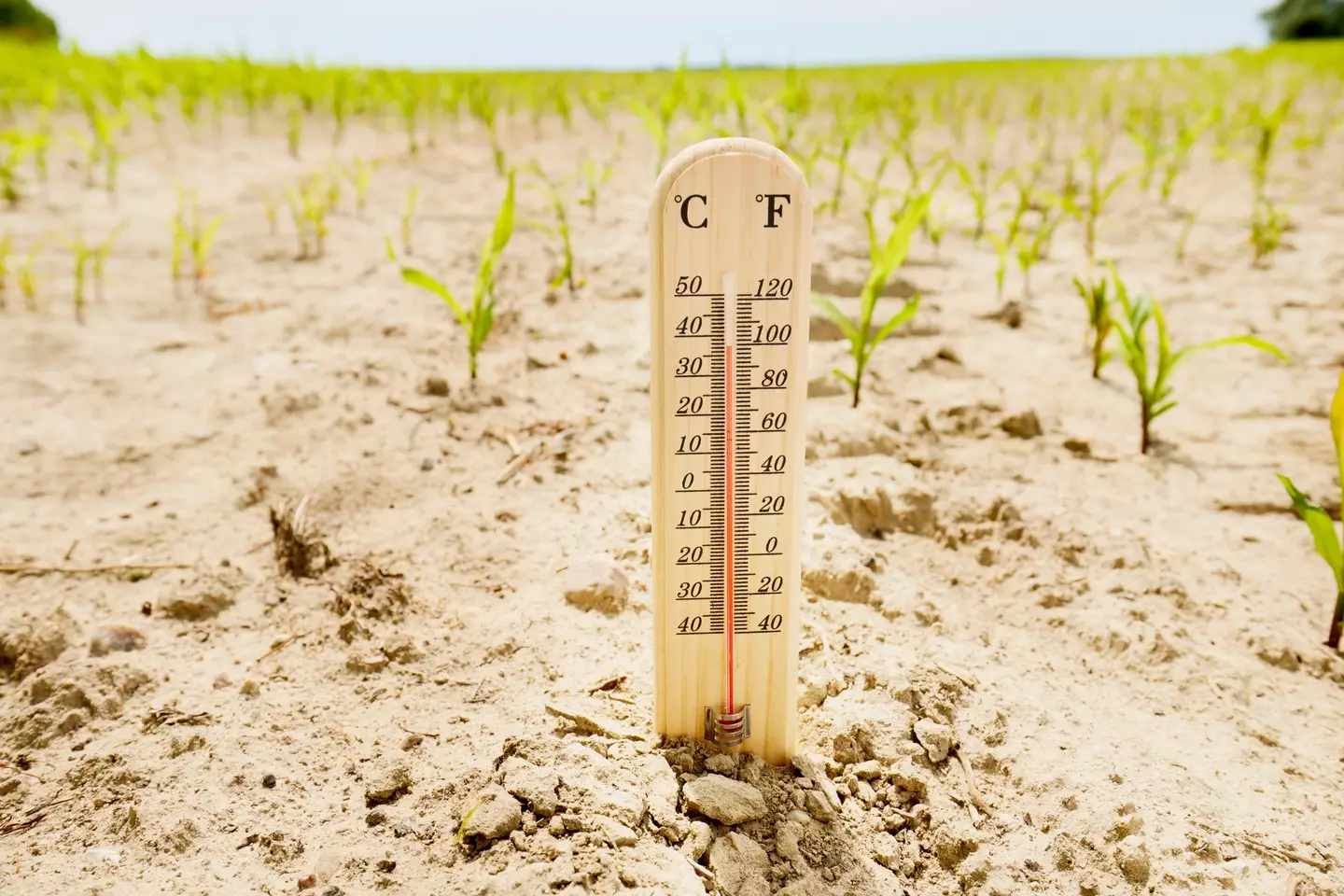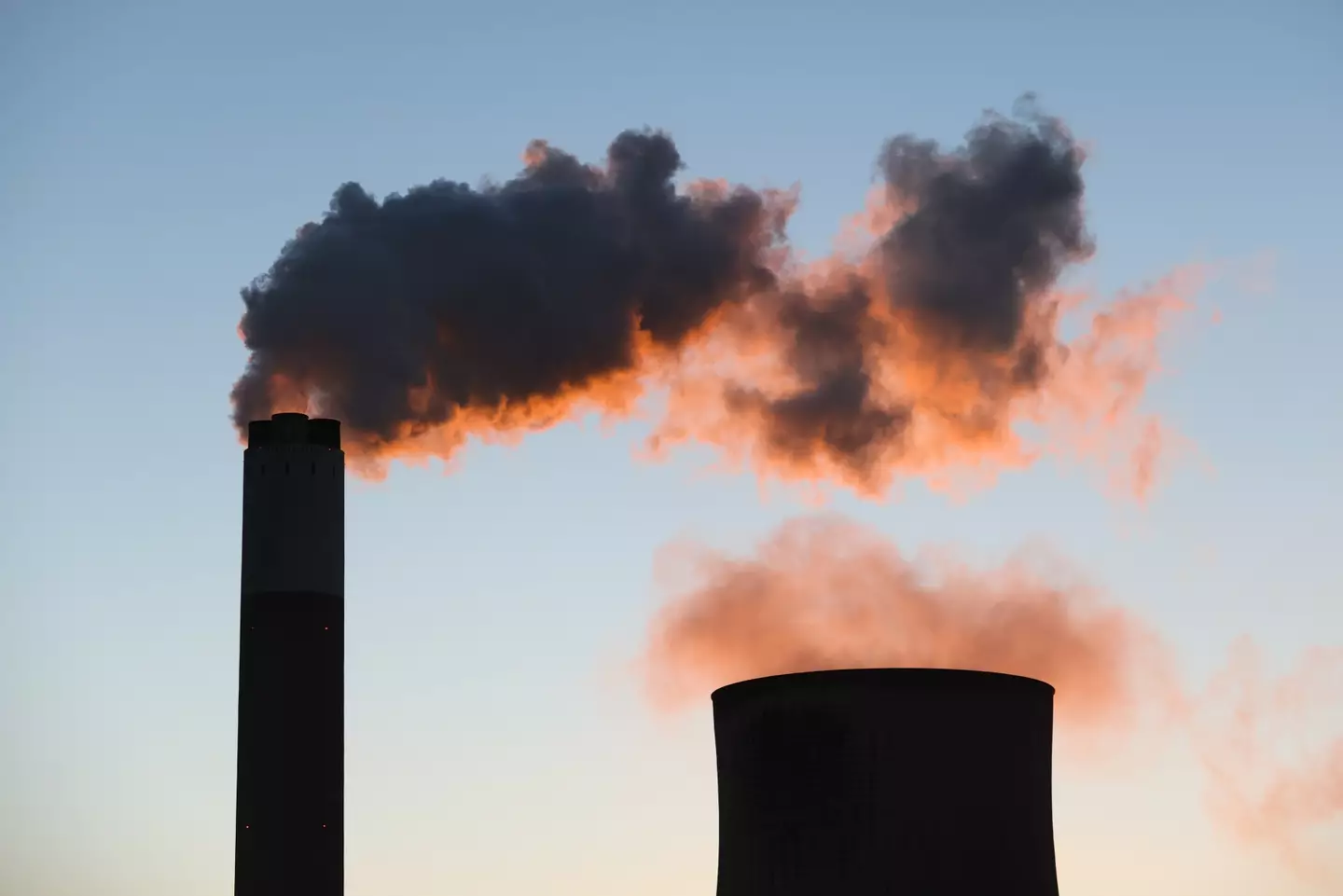
Scientists have issues a stark warning about climate change and how long we have to limit its impact.
Scientists have been warning us about global warming for decades and, while some positive changes have been made, the human race still has some work to do — and we don't have much time left to do it.
UN scientists have released their annual report where a team of more than 60 international scientists have put together a comprehensive picture of the current state of the climate and calculated the human-driven factors behind the changes the world is experiencing.
Per BBC News, more than 200 countries agreed to try to limit global temperature rises to 1.5°C above levels of the late 1800s in a landmark agreement in 2015.
Advert

We have a so-called carbon budget to try reach this target and, back in 2020, it was estimated that we could only emit 500 billion more tonnes of carbon dioxide (CO2) for a 50 percent chance of keeping warming to 1.5°C.
The new report now estimates that the remaining' 'carbon budget' for achieving this is emitting 130 billion tonnes of CO2 from the beginning of 2025. However, this budget will be exhausted in little more than three years at current levels of CO2 emissions, according to the findings published on Wednesday night (June 18) in the journal Earth System Science Data.
This means that without drastic cuts to emissions, the world will be unable to prevent warming from surpassing the dangerous threshold, which will lead to a rise in extreme weather events, climate-related disasters and increase the risk of triggering irreversible changes.
The report also warned the carbon budget for 1.6°C or 1.7°C could also be exceeded within nine years, which will significantly intensify these impacts, said PA.

Speaking on this, Professor Joeri Rogelj, research director at the Grantham Institute, shared: "Under any course of action, there is a very high chance that we will reach and even exceed 1.5°C and even higher levels of warming.
"1.5°C is an iconic level but we are currently already in crunch time... to avoid higher levels of warming with a decent likelihood or a prudent likelihood as well and that is true for 1.7°C, but equally so for 1.8°C if we want to have a high probability there."
But Prof Rogelj added that reductions in emissions over the next decade can still 'critically change' the rate of warming and limit the magnitude and the extent by which the world exceeds 1.5°C.
Topics: Climate Change, Environment, News, Science, United Nations, World News